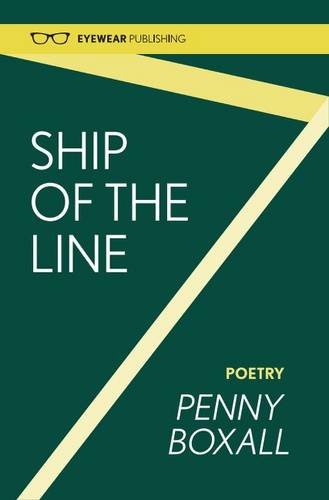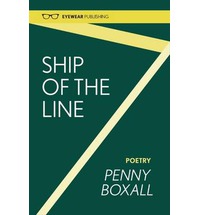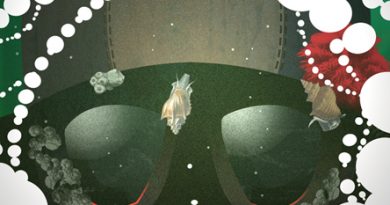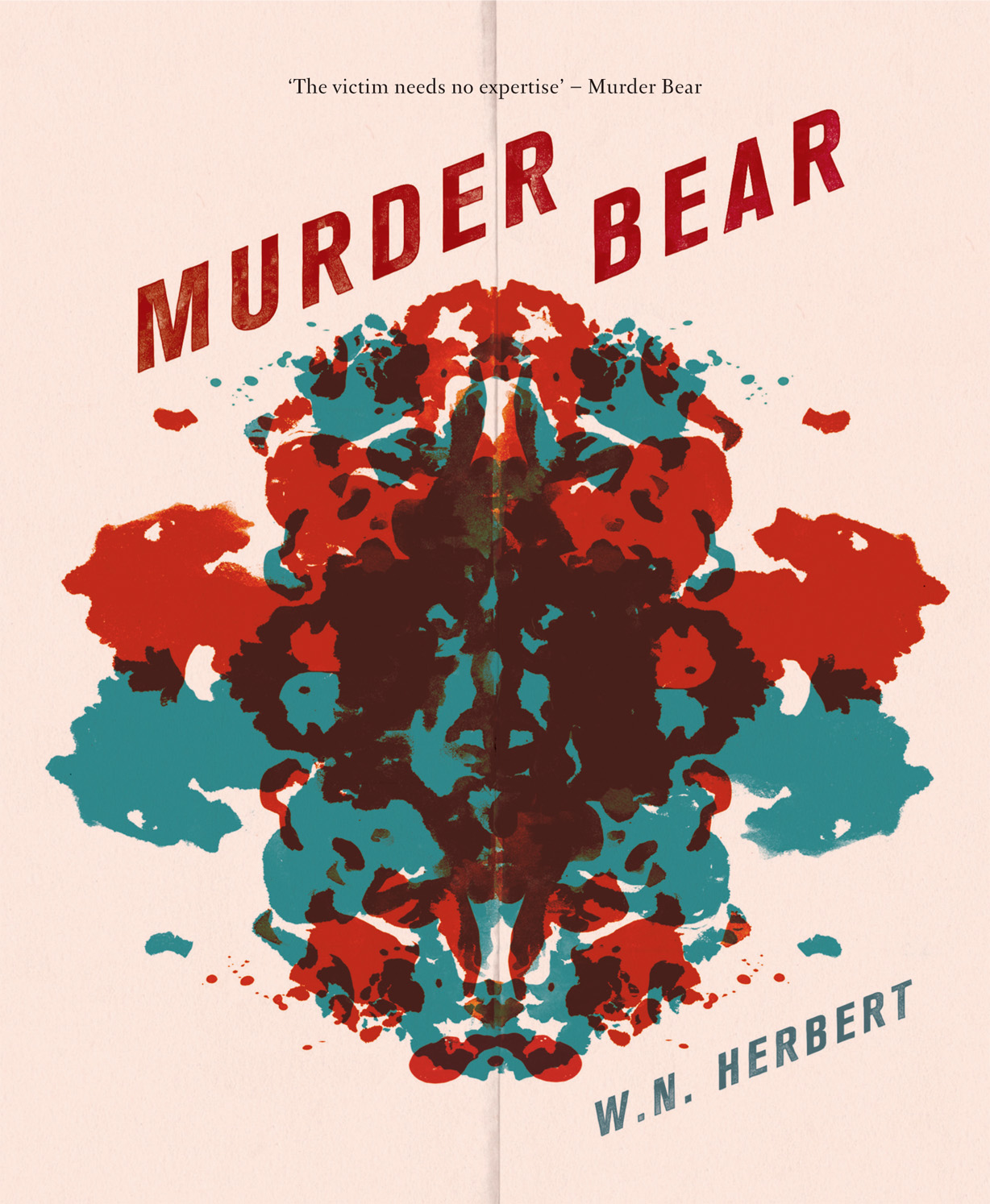Ship of the Line by Penny Boxall
-Reviewed by Richie McCaffery–
Sometimes poetry collections are a brief flirtation, a dalliance which lights up the afternoon it takes you to read them but once finished, they do not linger much in the mind. Then there are collections which are like sturdy travel companions that you carry for days, weeks and sometimes longer, slowly absorbing their poems. Penny Boxall’s first collection is certainly of the latter kind. It has been described as a ‘museum’ of poetic oddments and curiosa, but it is much more than that, which simply suggests the static, the stuffed, and the ossified. For instance in the opening poem ‘Taxidermy Outpost’ with its ‘pornographic hush’, the language is very much alive in spite of its subject matter and the scope of the poem expands and contracts as if it were breathing:
Outside is the Wild
which we only know about
because we know too of outposts
filled with fur. And look:
here is a chipmunk
paddling a canoe, his little fist
just like yours.
Each poem is an event and occasion in itself and there is very little sense of theme signposting and repetition, which can sometimes seem calculated in collections. Then there are poems such as ‘What Came First’ which stop you dead in your tracks with their startling and disturbing thought processes. The poem follows the pattern of poems such as Heaney’s ‘Death of a Naturalist’ where the innocence of childhood is lost through an active interest in the natural world. Here, Boxhall adds faith into the mix when a nest is taken back to school and its egg is thrown away:
Emptied, the twigs and hair
were no more than a palm,an open grasp like the one
which took mine one afternoon
and led me to the staffroom
when I cried for the end.
She handed me
a strawberry tart – said,
“He’s in heaven now,” not adding,
as I thought she would,
“if there is a heaven.” I studied
the crown of berries,
their rich sauce, wondering
if I should eat it if I could not say for sure.
There are a number of poems in the collection which draw on Boxall’s professional life in the Ashmolean Museum in Oxford. Of particular note is the poem ‘A Book of Fragments’ which talks of the task of describing and cataloguing a vast swatch of rags and textiles and by the end of the poem, the job begins to impinge on the speaker’s private life and inner most thoughts. While the collector of these materials ‘that should by rights have been forgotten’ was a man, it is the curator who muses on what is kept and discarded from history:
I had to live with them, to make
from them my own peculiar
patchwork: linen, flax,
plain weave, tabby, twill.
Now when I try to type woman
woven forms itself.
In Boxall’s professional and meticulous hands history becomes something fluid, shape-shifting and playful and her poems are often revisionist. Working in a museum, Boxall is all too aware of our attempts to petrify and manipulate what has happened (or not, as the case may be) before us. We can see this clearly in the poems ‘The King’s Bed’ and ‘At Jorvick Viking Centre’ where Boxall searches for authenticity and finds apocrypha:
Tradition holds that on a wet starless night
in 1665 the King slept in this bed, or one quite like it.(…)
What is known is that he was the monarch
living in those times, and so slept somewhere.Nearby houses will make their own claims.
By reading this you have brought him to this bed.(‘The King’s Bed’)
I draw the line at the fossilised turd
they’ve locked behind glass;and the splintered skeleton of a man
of around my own age, or so they tell me.
I can’t quite see it myself.(‘At Jorvick Viking Centre’)
The more I read and re-read these poems the more subversive and exciting I find them, because what becomes clear is that history has obscured so much and our attempts to excavate, preserve and re-imagine it have left us with something hollow, patriarchal and two-dimensional. This is also mirrored in the creative endeavour of making poetry out of experiences, inevitably we must end up writing fictions but perhaps that is the only way to get close to the real. Boxall is clearly not stuck in the past, for poems such as ‘What You Mean to Me’, although they deal with memory, still suggest a living experience:
we smile like old
fishermen, dragging it all back.
We hope for more coincidence(my father once signed a cheque
for a man in a shop who said,“But that’s my name,” like Dad
was somehow wearing it to a party
Ship of the Line ends with the powerful and moving poem ‘Navigavi’ which deals with a grandfather figure in the North Africa Campaign of World War Two as a young man. The poem has a Russian doll effect where he is a seed inside the ‘boiling metal husks’ of tanks but a desert bug burrows its way into his ear canal where it stays for years like a dormant seed:
Unknown, it was the mascot
of the man for years. He carried it
through the rain and it heard things meant
for him.
In this poem, Boxall is showing us what should be taken down and noted, the folklore of family, the mythical stories of ordinary people who have been overlooked, and like the earworm in the poem, the poet is a chronicler and a passenger behind the scenes – in the words of Robert Burns ‘the chiel amang ye takin’ notes’. Boxall’s collection travels far, wide and to the deep and I look forward to taking this collection with me as I make journeys of my own:
But he kept the beetle –
if that is the word for
the rattling nut
hooked from his head –
in a jar. If you asked
it would say: I have sailed.(‘Navigavi’)






